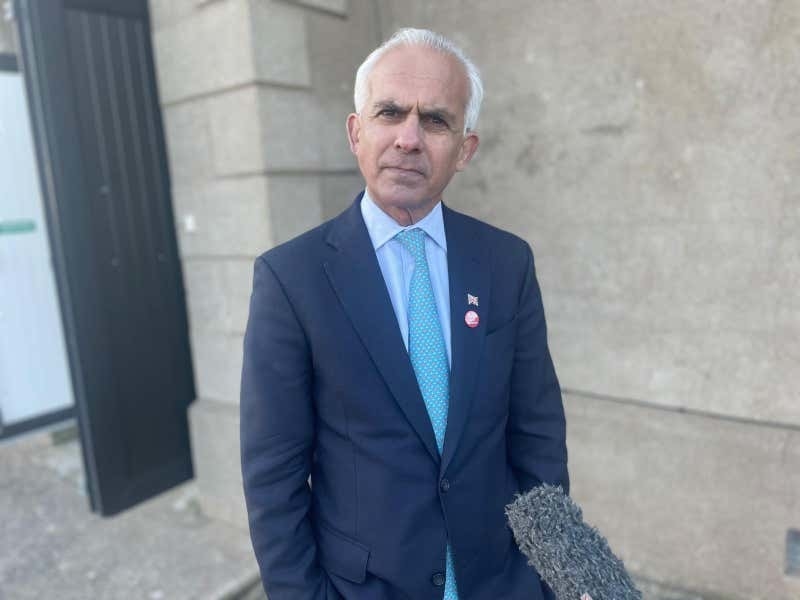Initiated by former Senator Ben Shenton, it received more than 5,660 signatures – and questioned the government’s proposed policy to move all taxpayers onto a current-year basis. Mr Shenton asserted that tax liabilities would be ‘doubled’ for those who pay on a prior-year basis.
A report accompanying the petition said: ‘The government is seeking to move to a current-year basis while still holding taxpayers liable for what they owe for the previous year – in effect doubling their tax liability.
‘Those with a £21,000 tax bill would be charged an additional £350 per month for five years [£4,200]. Their earnings needed to cover this payment would itself be taxed during the current year at 20% [so you would need to earn £5,250].
‘With many people struggling under the current pandemic, the government proposal is unjust.’
For those whose payment regime would be changed, their 2019 liabilities would be suspended until 2023 and potentially paid back over a five-to-ten-year period. Around a third of Jersey taxpayers already pay tax based on current-year earnings.
However, opening the debate on the petition yesterday, Treasury Minister Susie Pinel said that Mr Shenton’s example equated to someone with an annual income of £105,000, adding that she thought such a person would therefore be able to afford an extra £350 per month.
She also said that the increase could be deferred for five years if an Islander was unable to pay, with two further five-year deferrals available after that if necessary.
It is hoped that the £330 million that is expected to be generated by the tax regime switch would help to partly pay off the government’s planned borrowing of around £500 million.
Deputy Pinel added: ‘The petitioner cites the impact on a prior-year basis taxpayer with a £21,000 tax bill for 2019. The tax bill of a single person who has earned £105,000 equates to asking them to pay an extra £350 per month over five years, or £175 over ten years. That is essentially correct and I expect most single people with a £105,000 income could probably afford to do
that.
‘I strongly believe in the move from a prior-year basis to a current-year basis for all taxpayers. I absolutely cannot support the complete unfairness of writing off a whole year’s tax of prior-year-basis taxpayers.’
The Government Plan update recently revealed that a £336 million loan is due to be taken out next year to help cover additional spending plans to support the Island’s recovery from the effects
of the Covid-19 pandemic.
During the debate, the Assembly also heard from St Martin Constable Karen Shenton-Stone, the petitioner’s sister, who raised concerns about the impact of making prior-year taxpayers pay early during a pandemic.
‘It seems that the economic impact of taking millions out of the economy has not been considered or analysed. The tax department cannot yet deal with the reconciliation of one year’s tax payments – so how are they going to do two years? Are Treasury confident that they can deal with this given the current state of tax collections? And how do they propose to deal with the self-employed and pensioners?’ she asked.
‘I made the point last week that we are in a pandemic and therefore is it really the time to bring this forward, bearing in mind that people are being furloughed and losing jobs? What about middle Jersey, who are on a prior-year basis, who have children and schools and university [to pay for] and are already strapped for cash?’
Following the debate, Mr Shenton posted on Twitter: ‘Petitions should be put forward by a supporter of the petition or someone neutral. It is not democratic for the person vehemently against the petition, the Treasury Minister, to sum up. Complaint to follow.’
Deputy Pinel’s proposition to move all taxpayers to a current-year-payment basis is due to be formally debated by the States on 3 November.






